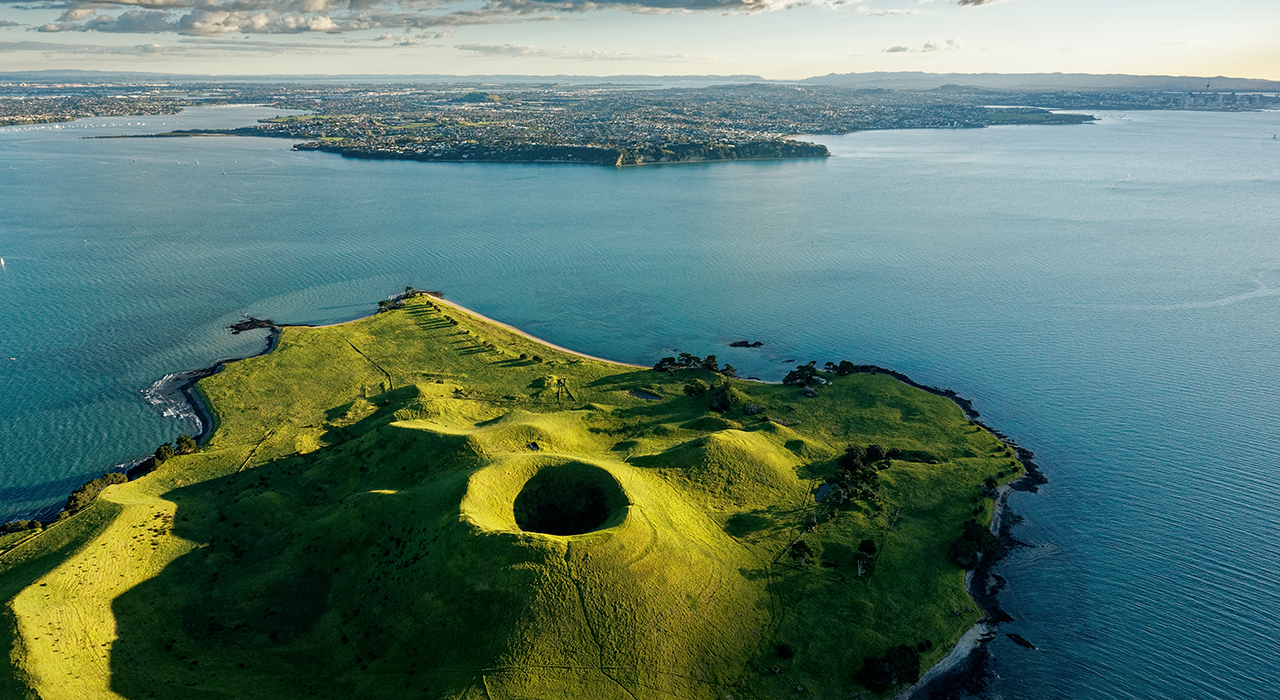South Pacific
This eighth report of the Observatory presents the elements collected on Fiji, Papua New Guinea, Tonga, Tuvalu and Vanuatu. The five sheets propose, as far as possible, elements of assessment of climate vulnerability in prospective horizons, reflections on their possible translation into security terms, a brief analysis of public policies on climate, an evaluation of the role of the armed forces and civil security forces in the management of natural disasters, as well as crisis scenarios (trend and breakdown).

Former European (mainly British) colonies and condominiums that gained their independence between 1970 and 1980, the small island states (SIS) of the South Pacific all have a humid tropical climate alternating between a hot, cyclonic season and a cooler, dry season. Rich in biodiversity, they are home to numerous endemic species (plant and animal, terrestrial and marine), often concentrated in their tropical forests and lagoons. Located on the famous “belt of fire”, these territories often have a strong seismic and volcanic propensity and have always been exposed to numerous natural hazards (eruptions, earthquakes, tsunamis, cyclones, floods, storms, etc.).





